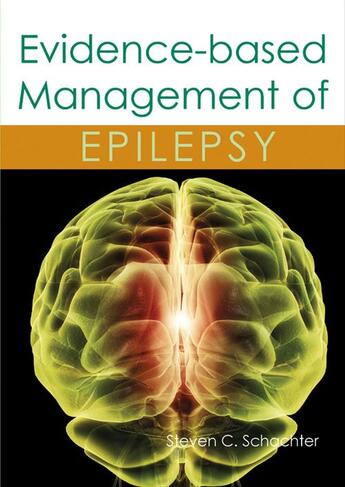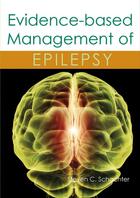-
Nombre de pages : (-)
-
Collection :
(-)
-
Genre :
(-)
-
Thème :
Non attribué
-
Prix littéraire(s) :
(-)
Résumé:
The clinical management of patients with epilepsy and the associated medical literature are rapidly evolving. Evidence-based Management of Epilepsy differs from other epilepsy textbooks by focusing specifically on topics where the available evidence is sufficiently well developed to be... Voir plus
The clinical management of patients with epilepsy and the associated medical literature are rapidly evolving. Evidence-based Management of Epilepsy differs from other epilepsy textbooks by focusing specifically on topics where the available evidence is sufficiently well developed to be synthesized into straightforward summaries of proven therapies. When evidence is missing or there is doubt, controversy or ambiguity, the distinguished authors offer treatment recommendations based on practice guidelines or consensus statements that span the gaps in evidence while pointing to those areas where further research is needed. The initial chapters cover critically important aspects of antiepileptic drugs (AEDs) and surgical treatment such as when to start and stop AEDs, how to monitor their effectiveness, special considerations in women who become pregnant, and when to consider surgery to alleviate seizures. The following chapters cover the therapy of seizures when they develop after traumatic brain injury or stroke, and the treatment of concomitant depression and anxiety in patients with epilepsy. The final chapters discuss emerging topics in epilepsy: the treatment of the postictal state, technologies to predict and detect seizures, strategies for closing the treatment gap and sudden unexpected death in epilepsy. The contributors are renowned experts in their fields who successfully and succinctly present state-of-the-art reviews based on the medical evidence designed to help the clinician be as best informed as possible in the care of patients with epilepsy.
Donner votre avis















